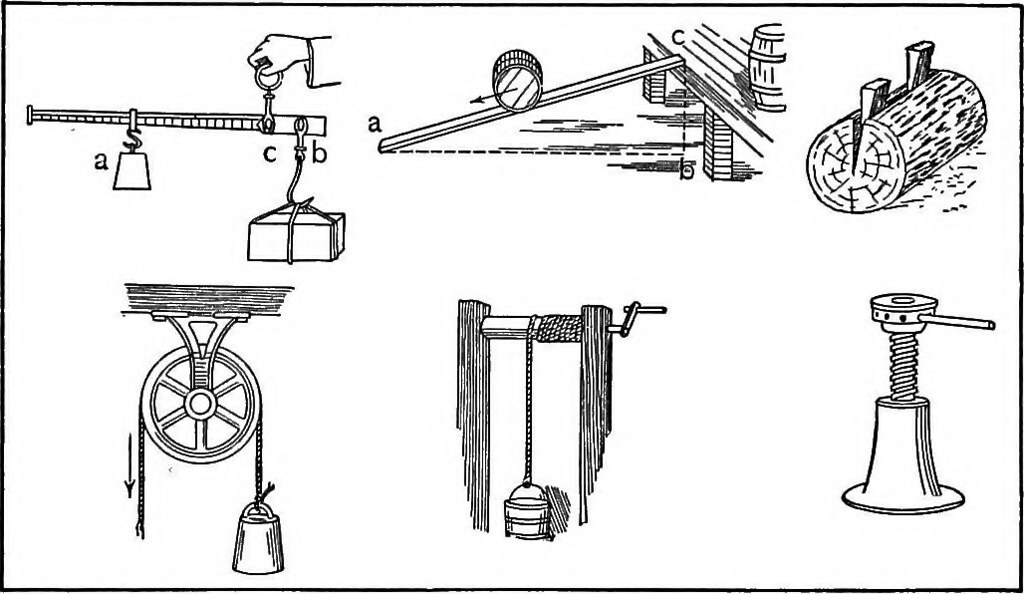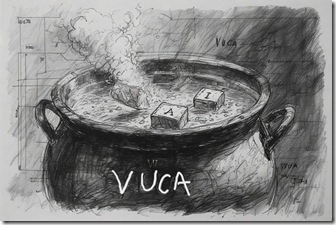Three decades ago, inspired by Lego™️, we founded a software company with a strong business case for developing integrable application components for custom software applications. We had a solid technology foundation and a clear vision. Over time, we navigated various hurdles, capitalized on tactical opportunities, and maintained our focus on core technology, finding challenging work in the enterprise software space. Our business model evolved and only stabilized after nearly ten years. Even today, it continues to adapt to market demands.
Once the company was incorporated, one of our early team members, who championed our HR systems, helped us establish foundational values that would guide everything we do. These values are Integrity, Quality, Openness, Respect for Individuals, Teamwork, and Meritocracy. We believed these values should not be mere words but should be understood and embraced by everyone joining our organization. To ensure this, all our systems were vetted against these values.
We implemented systems to reinforce our commitment to these values. For example, we included these traits in our 360-degree appraisal system, ensuring precise and explicit documentation of practices reflecting these values. Additionally, we introduced an annual award system to recognize exemplary performance while highlighting these values.
After thirty years and numerous iterations of our systems, processes, and rituals, we realize how critical these values have been to our survival through tough times. These values provided strength during challenges, and many long-standing members deeply understand their importance.
Lately, we’ve noticed a shift in how newer team members perceive these values. Some of their actions and behaviors disturb us, leading to simplistic judgments. One member said, “the new generation lacks values.” Another remarked, “these kids don’t appreciate the values; they come with an attitude of entitlement.” However, when we engage in serious discussions with the younger generation, we realize it’s not necessarily a conflict of value systems but rather a difference in interpretation and practice of the same values.
For example, consider the value of Meritocracy. In the past, we measured contributions regardless of the support provided, with individuals striving to perform under various conditions. In contrast, newer members expect essential provisions to be in place for optimal performance. It’s not a lack of the value but a difference in expectations.
Similarly, with Respect for Individuals, everyone subscribes to this value, but the way respect is demonstrated has changed. It can often be misunderstood as lacking in value due to different expressions of respect.
When we started in the industry over 40 years ago, we recognized that while values may be the same, their practice varies based on cultural, family, upbringing, religious, and spiritual beliefs. Most of us, with similar backgrounds, practiced these values in similar ways. Now, an additional factor influencing behavior is the cultural shift within our society. We often discuss these changes in our social circles but fail to notice their impact in the workplace.




